2022 was quite a year for trick-taking games.
Bug Council of Backyardia, Ghosts of Christmas, Pumafiosi, Thrones of Valeria, Violet and the Grumpy Nisse, and Wicked & Wise are just some of the latest wave in the genre’s resurgence. Trick-takers never went away but the 2020’s are fast becoming their decade.
A Brief (But Relevant) History of Trick-taking
In a trick-taking game players play cards from their hands in a series of rounds, known as tricks. Generally, the highest value card wins the trick and the winning player or team is determined by the number of tricks won or the value of cards contained within those tricks. The suit of card matters: the first card played in a trick is the lead-suit and subsequent cards need to follow suit if possible to be able to win the trick.
So it has been for centuries, since the genre’s inception in China in the early part of the second millennium, with innovations like trump suits and bidding coming in the 15th and 17th centuries respectively.
These days game designers are taking the basic mechanisms established in old favourites like Whist, Rummy, Hearts and Bridge, and deconstructing them in fascinating ways, from Yokai Septet’s bloated 7 suit suite to the undecided-until-played suits of Cat in the Box. In the last few years alone we’ve seen trick-takers explore area control, mancalas, storytelling, campaigns, asymmetric player powers, social deduction, competitive and cooperative two player games and even solo trick-taking.
Yet despite this level of invention, the essential components remain – tricks, suits and leading. To quote Meeple Mountain’s Andrew Lynch:
‘Trick-taking games are so evidently variations on a basic concept that new ones can more or less be taught to experienced players by simply saying what’s different from the platonic ideal. “It’s a trick-taking game, but the odds have special powers.” “It’s a trick-taking game where you score points based on how many tricks everyone else has taken.”’
Why all this preamble before even mentioning Tatsu, the subject of this review? Let me attempt Andrew Lynch’s approach to introducing Tatsu and you might get an idea:
- Tatsu is a trick-taking game with no suits.
- Tatsu is a trick-taking game with two suits, although they’re largely meaningless in terms of gameplay.
- Tatsu is a trick-taking game with two suits that are fundamental to what cards you can play.
You see? All of those statements are true, and that’s not the strangest thing about Tatsu’s trick-taking.

Few games, not even the Schrödinger shenanigans of Cat in the Box, deconstruct the trick-taker as much as Tatsu. If it weren’t so plainly a trick-taking game I’d be tempted to say it wasn’t one at all. Let me explain…
Twilight
Tatsu is played over a series of rounds of 7 tricks until a player or team reaches 500 points. Players play spirit cards; the spirit with the highest power wins the trick and all 4 spirits from the trick. Powerful spirits are worth a single point whilst weak spirits are worth between 3 and 7 points.
Front and back.
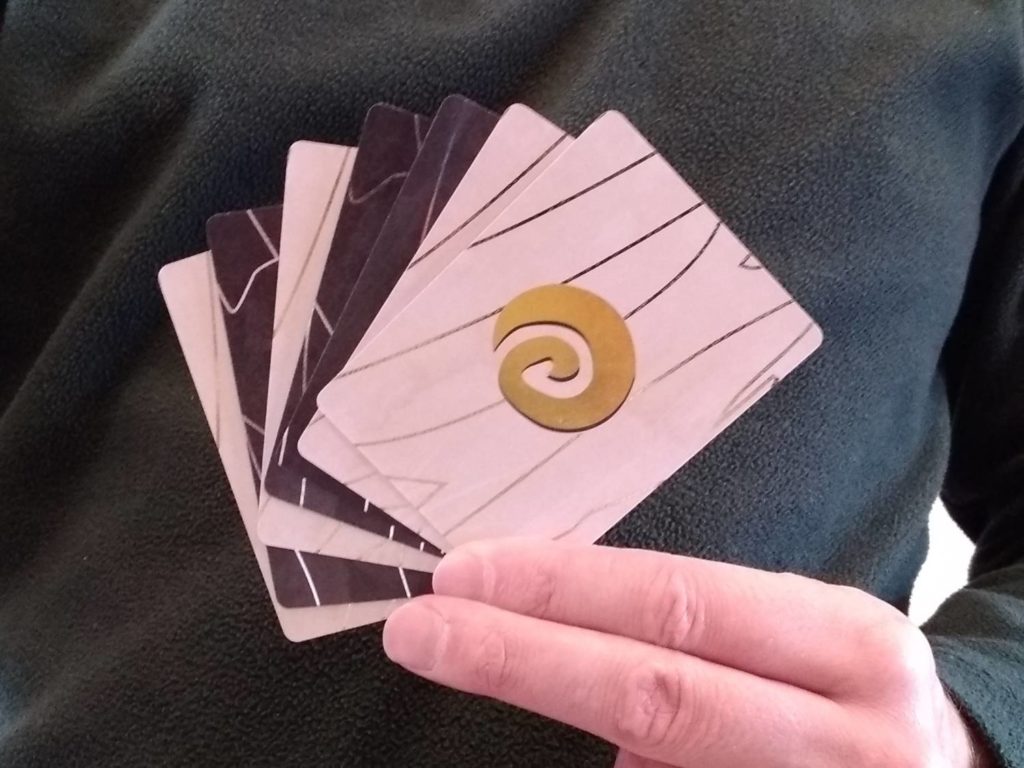
Say you’re playing yellow. Everybody round the table knows how many yellow and red spirits you have and you know what colours they have. Since you’ll be holding some red spirits that you can’t play on your own turn, you can ask anyone to play a yellow spirit for you – they choose a yellow spirit from their hand and play it in front of you as if you’d just played it.
An entire trick might occur where you don’t play a single spirit from your hand. Or, conversely, you might play every spirit in the trick. Most likely something in between.
Spirit points, however, are hypothetical unless you also manage to win a multiplier spirit in your clan’s colour during the round. Multipliers convert your captured spirits into actual points, multiplying your collected points by anything between 1 and 6. Fail to win a single multiplier spirit of your colour and you’ve got yourself diddly squat. Trouble is, multipliers have a strength of 0 making them even harder to win a trick with.
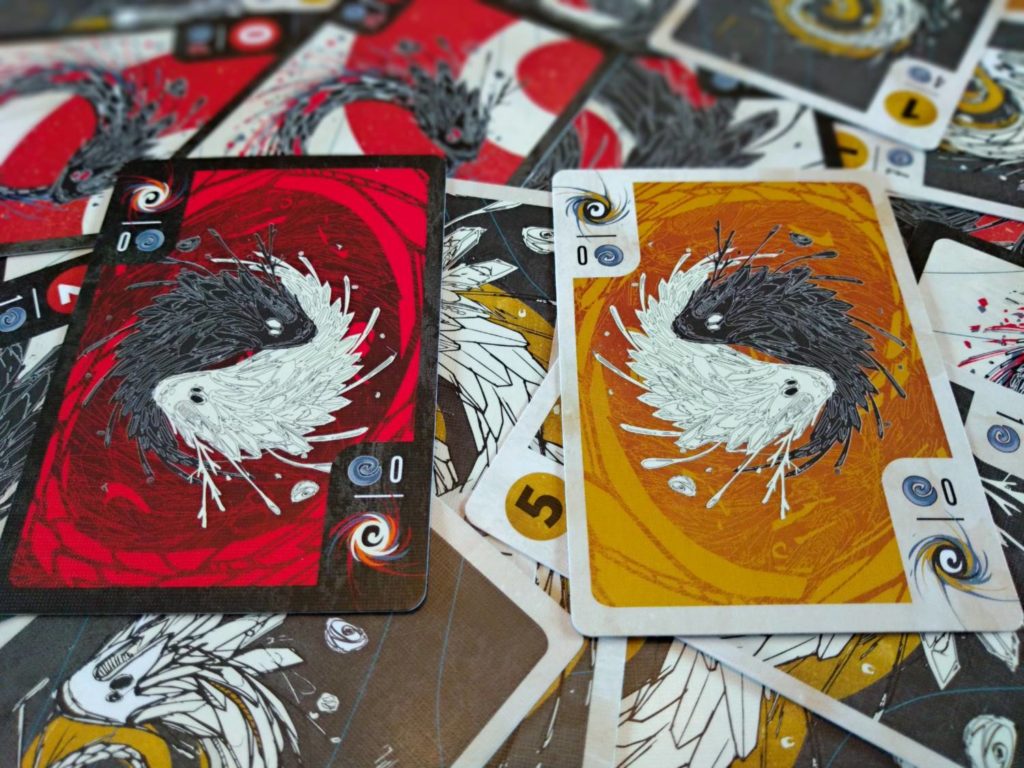
One final spirit type lurks in the deck: the fusion spirit. Play this awkward character and the trick’s spoils are deferred to the winner of the following trick. Unexpectedly losing a trick with your clan’s x3 multiplier at stake? Slip a fusion spirit into the mix and hope you win the next trick.
New Moon
Your first couple of rounds of Tatsu will feel confusing. And that’s if you’ve got a competent teacher, which isn’t guaranteed since the rulebook could do with rewriting. Nothing about Tatsu is complex but the way the rules and players interact feels unsettling at first. The production gets in its own way. ‘Tatsu’ is a word for dragon in Japanese and the artwork is striking, but sadly the colour palette, chaotic line drawings and muddled point symbols hinder the beginner.
Where do you start?
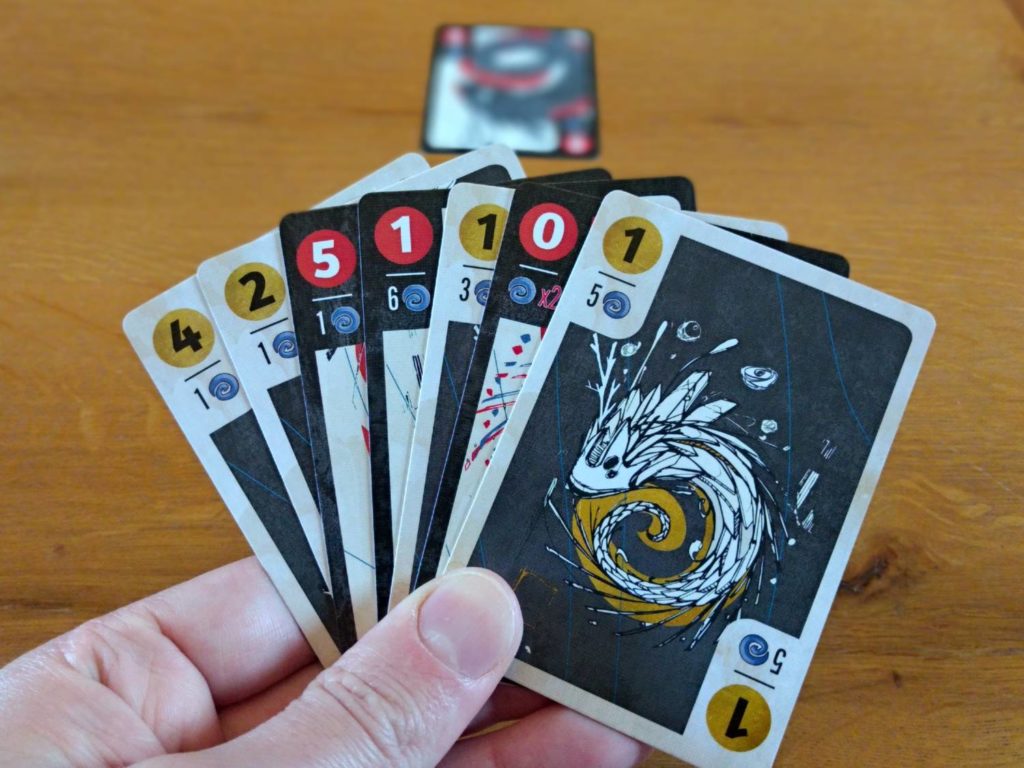
Because there aren’t true suits you can’t dominate a suit and win consecutive tricks. Because there’s no bidding you’re clueless to what your teammate has. Because there are only 7 tricks in a round it’s impossible to feel out what the other players have until the final trick or two.
It’s rare in modern board games where you’re faced with a decision where everything feels like a shot in the dark.
And then the fog lifts.
Eclipse
Things click into place. Doubt still lingers over early turns but in a good way, like the haze that heralds the start of a glorious summer day. Always knowing the right thing to do wouldn’t be fun. Calculated risks, educated guesses, player reading – these are the lifeblood of the trick-taker and Tatsu has them in spades (despite lacking actual spades).
You don’t know what your opponents are holding, but you know how many of your clan spirits they have and you know for certain that when asked they’ll play the most painful and awkward spirit of yours and they’ll do it with a grin on their face. You know this because that’s exactly what you’d do.
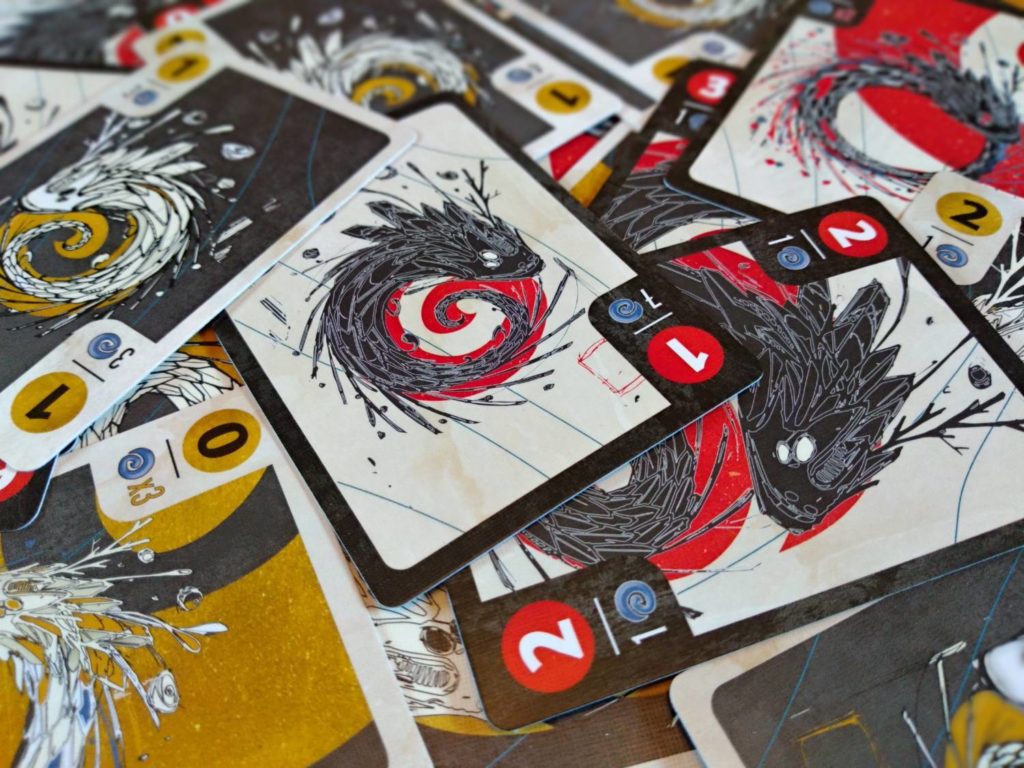
All trick-takers are interactive but passively so when it’s not your turn. Tatsu keeps you on call throughout, always ready to step in to support or screw over at a moment’s notice. Player order matters; when equal spirits are played it’s the first one played that wins the trick. Who you ask to play for you depends on their allegiance, what you suspect they have and whether they come before or after you in turn order.
It’s constantly engaging; there’s never a dull trick where spirits are played automatically.
Breaking Dawn
The tabletop scene is alive with exciting trick-taking games, reinventing and deconstructing their forebears. I think Tatsu is the most subversive of the 2022 crop, it twists the traditional template into something feisty and fresh.
Yet in a typically Tatsu-twist to the story, 2022’s boldest trick-taker is actually a quarter of a century old: Tatsu is a reimplementation of 2002’s Dr. Jekyll & Mr. Hyde, itself a retheme of the game Twilight, originally released in 1997. Other than the addition of an open-handed 2-player mode (interesting yet humourless), the rules haven’t changed since its inception.
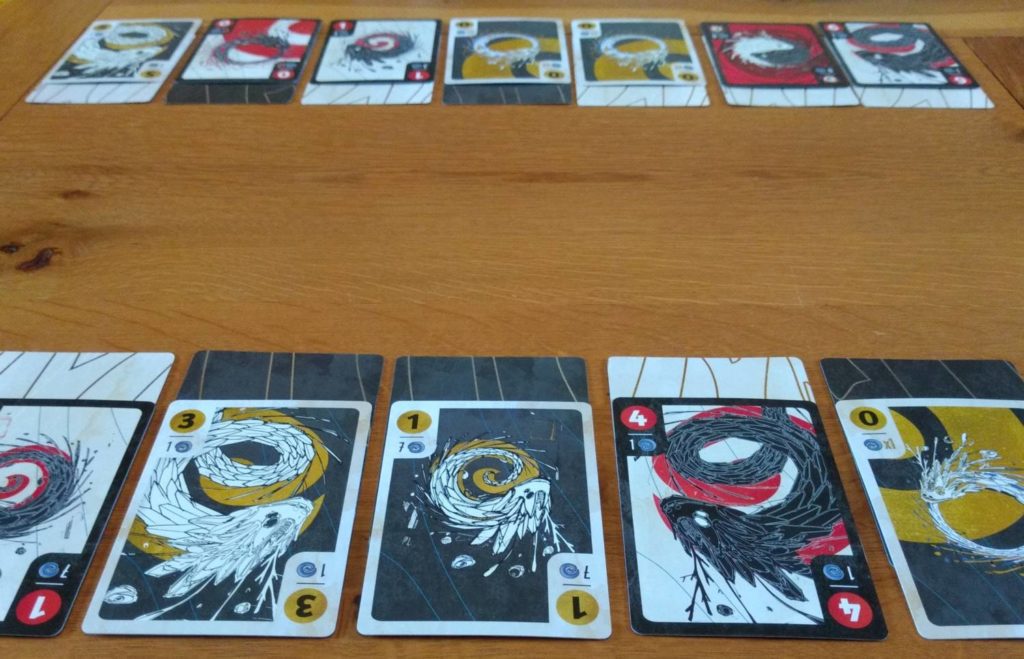
If you’re at all interested in trick-taking then you should try Tatsu, and experience how today’s surge of innovation is merely a continuation of the shifting reinvention that has defined the genre from the start. Navigate the rulebook, interpret the iconography and feel your way blindly through the first handful of rounds, then watch as the fog lifts and a different landscape reveals itself before you.
Neither of the previous iterations set the tabletop gaming world alight (receiving a combined total of three minor award nominations). Twilight doesn’t even have its own page on BoardGameGeek, the internet database that contains thousands of (frequently obscure) games from across the centuries.
Here’s hoping that Tatsu’s dragon clans fare better than Twilight’s sun and moon cults and Dr. Jekyll’s split-personality. They show real spirit.


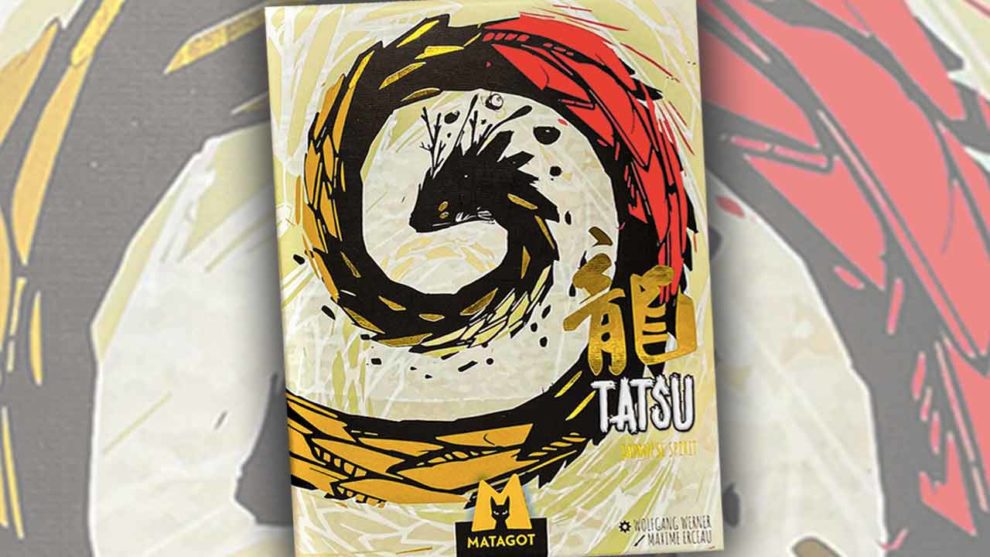
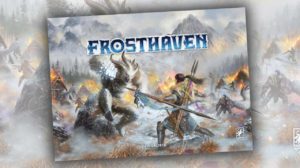
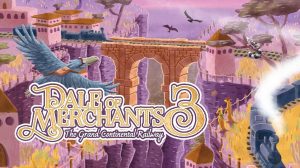






Add Comment